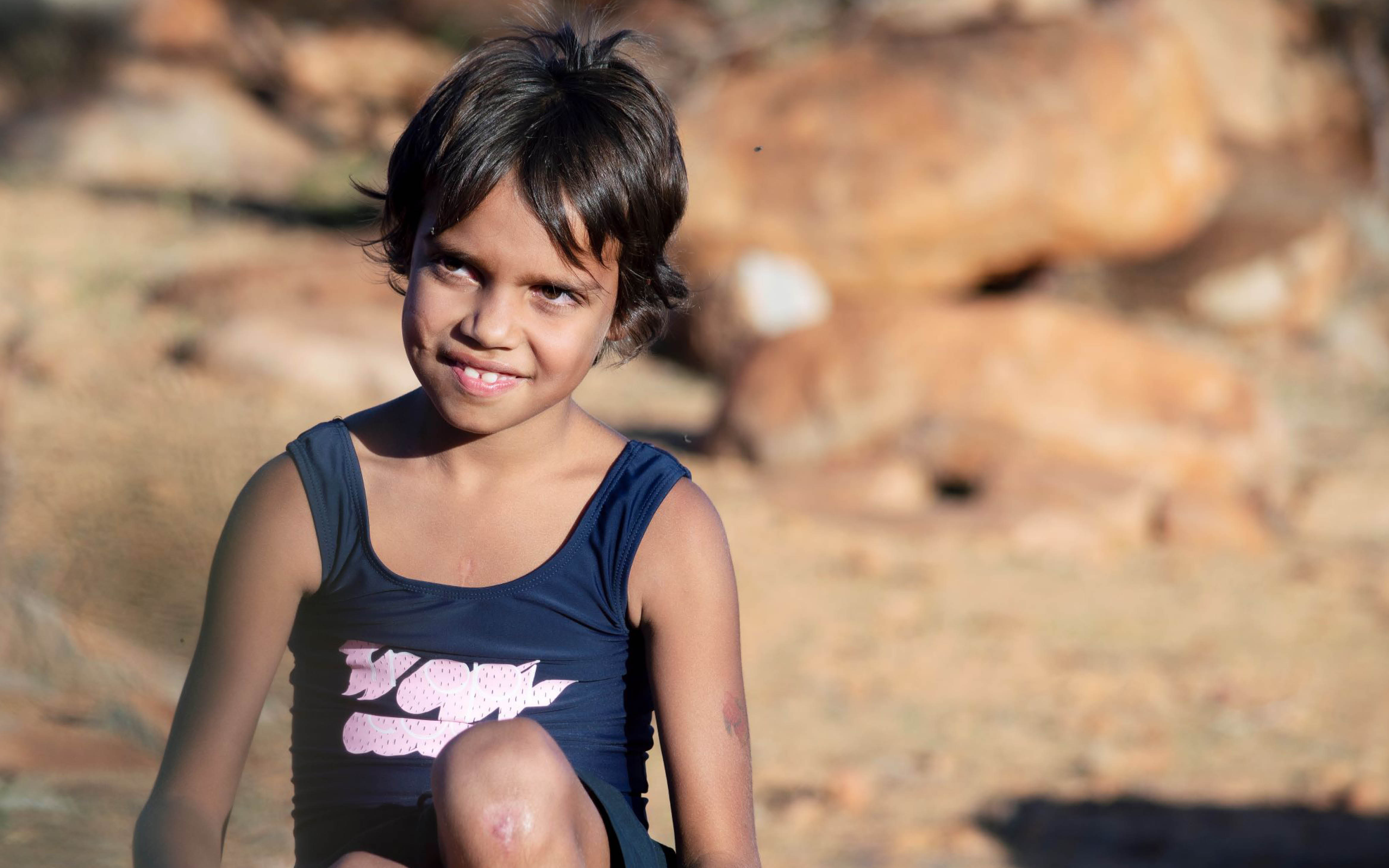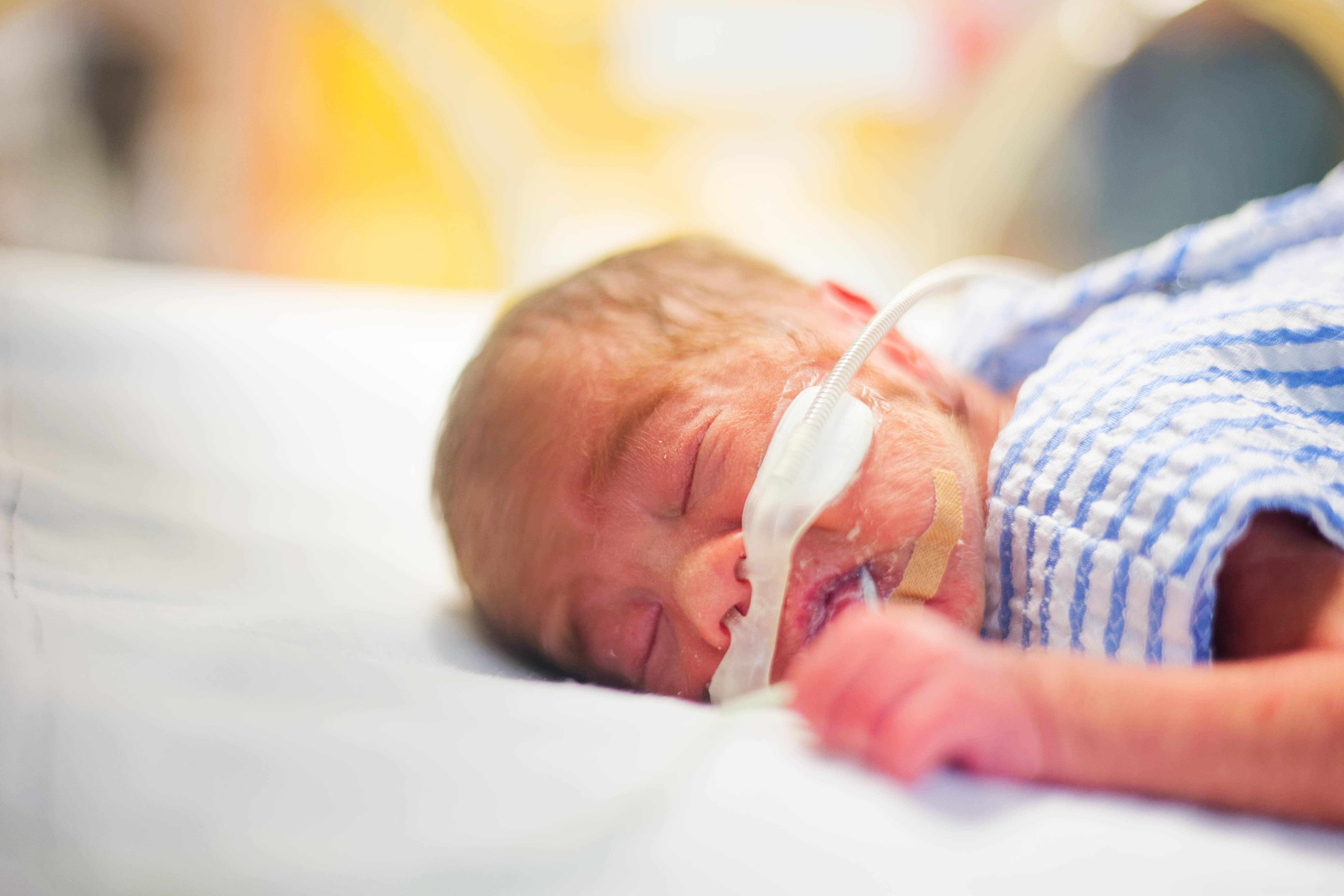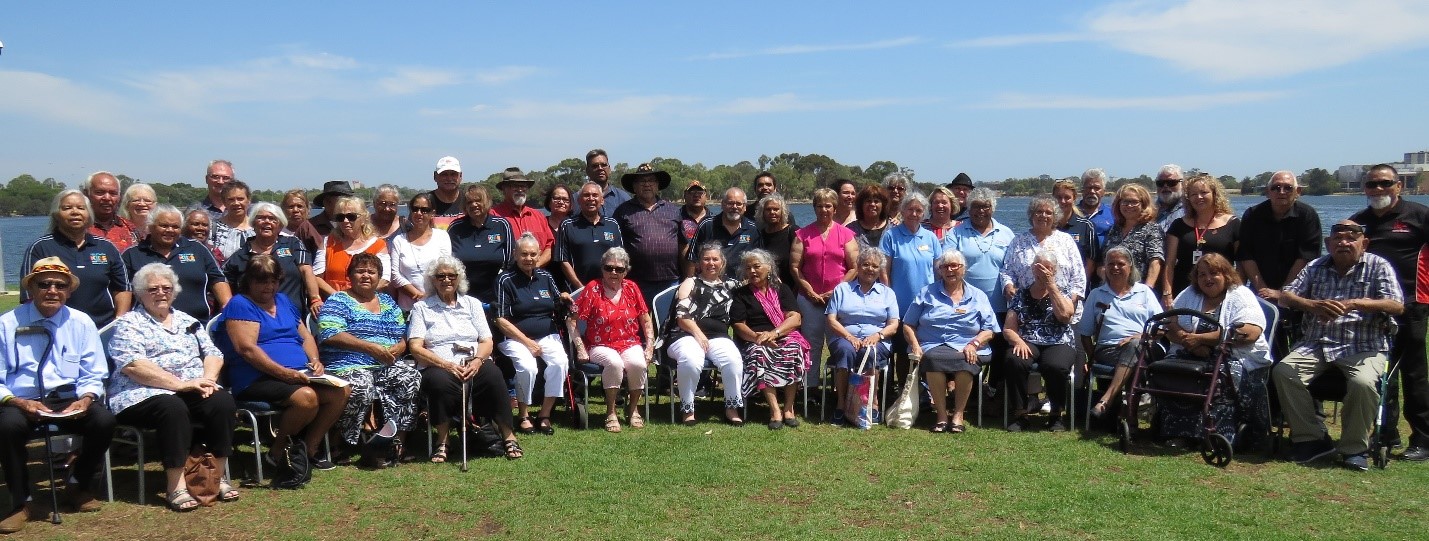Search

The Strep A Translation team aim to understand the epidemiology of Strep A infections in Australia and the world. Alongside this, they explore the implementation of endgame recommendations, health economics and new horizons.

Research Theme
Strong BeginningsFocuses on understanding and improving early childhood health and development to set the foundation for lifelong wellbeing. By addressing factors from pregnancy through early years, this theme aims to optimise health outcomes from the very start.
Research
Targeting the mucosal immune system in a mouse model to prevent pregnancy complications following maternal bacterial infectionThis work is the first step to develop safe treatments for pregnant mums to protect against preterm delivery and low birth weight caused by maternal infections.

The third Big Elders meeting/gathering was held on the 26th of February 2019 at Burswood on Swan.

Our vision is to increase awareness and improve outcomes for children with movement disorders and other neurodevelopmental conditions impacting on motor function.

Research
The Sibling ProjectThe Sibling Project focuses on the wellbeing, relationships and needs of children, adolescents and emerging adults who have a sibling with a developmental disability.

Developmental and epileptic encephalopathy (DEE) conditions are rare, and most have a genetic cause.
Research
Provision of Engagement Services for the AEDCSupport services to the Department of Education and Training and the AEDC State and Territory Coordinators and their support staff across Australia.
Research
Language in Little Ones (LiLO)The Language in Little Ones (LiLO) study is a five-year longitudinal study (2017-2021), funded through the National Health and Medical Research Council. The study investigates the quantity and quality of language exposure in the home environment during the first five years of a child’s life.

Find out more about the Board, the Institute Leadership Team, the Management Team and Emerging Leaders at The Kids Research Institute Australia.
